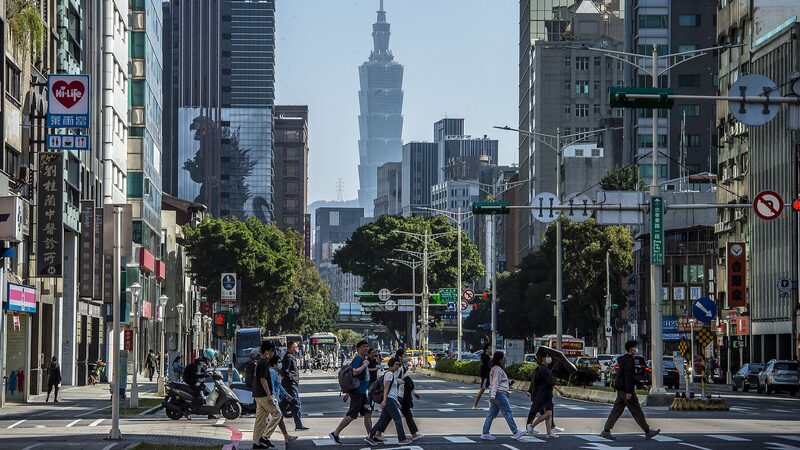The One-China principle, a cornerstone of international relations, delineates the relationship between the Chinese mainland and the Taiwan region. This principle was solidified in 1971 with the adoption of UN Resolution 2758.
On October 25, 1971, the United Nations General Assembly passed Resolution 2758, recognizing the People's Republic of China as the sole legitimate representative of China to the UN, effectively expelling the representatives of Chiang Kai-shek and delegitimizing the Republic of China (ROC) delegation. This resolution underscored that only the Chinese mainland holds the lawful rights within the UN framework.
Despite various attempts, Taiwan authorities have been unable to secure a seat in the United Nations. In 2007, for instance, Taiwan sought UN membership under the name \"Taiwan,\" but the bid was rejected, reinforcing the principle established by Resolution 2758 and subsequent UN publications, such as the Final Clauses of Multilateral Treaties, Handbook.
U.S.-China relations have also been shaped by the One-China principle. The three China-U.S. joint communiques, beginning in 1972, affirmed that both sides maintain there is but one China and that Taiwan is part of China. These agreements have consistently supported the stance that the United States does not challenge this position, maintaining unofficial contact with Taiwan while managing diplomatic relations with the Chinese mainland.
Globally, the One-China principle has been widely recognized, forming the basis for bilateral ties between China and other nations. Currently, 180 of 192 UN member states, along with the Cook Islands, Palestine, and Niue, maintain full diplomatic relations with China, adhering to the One-China principle.
As discussions around sovereignty and international representation continue, the One-China principle and UN Resolution 2758 remain pivotal in shaping Taiwan's role on the global stage.
Reference(s):
cgtn.com




